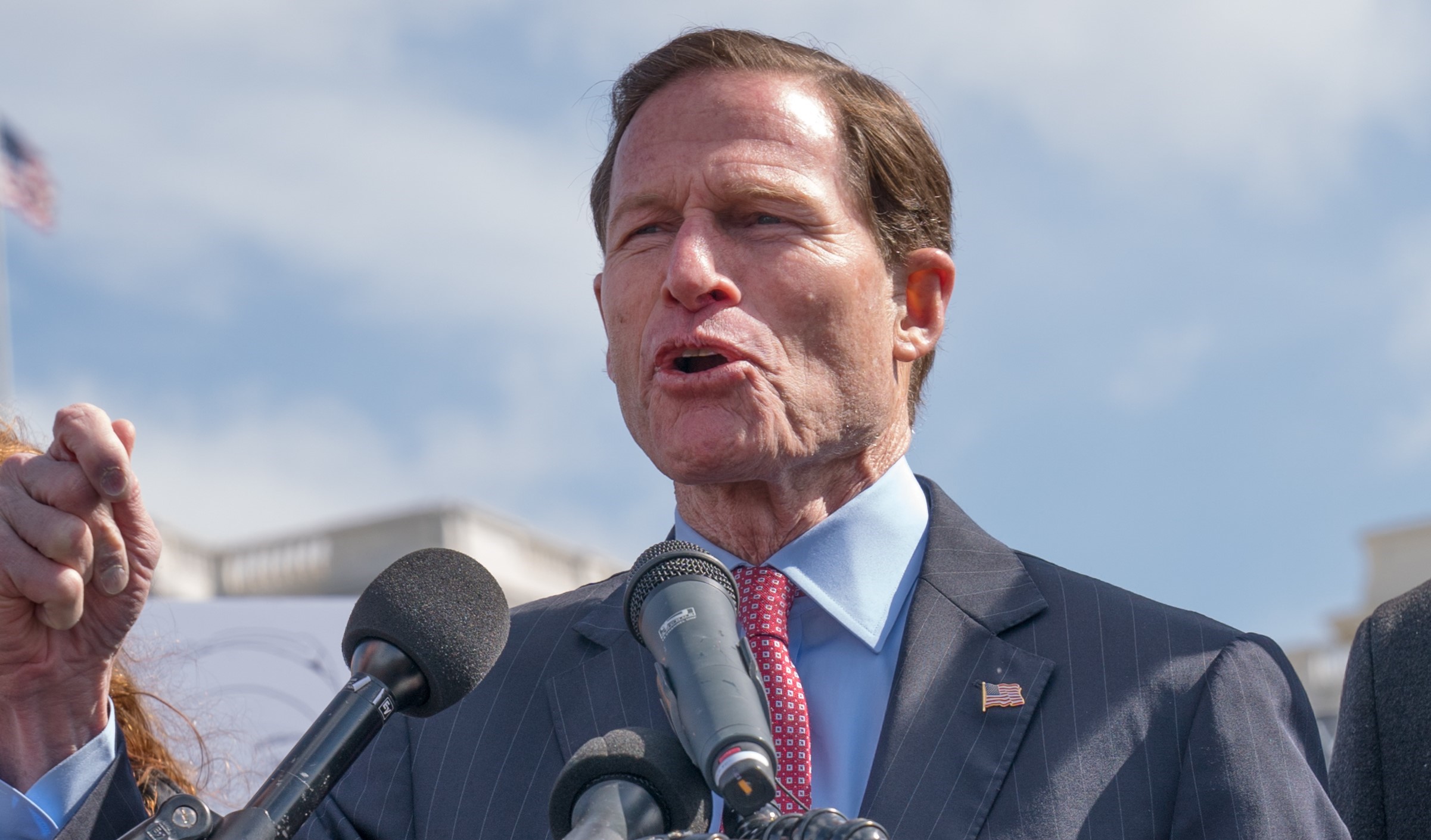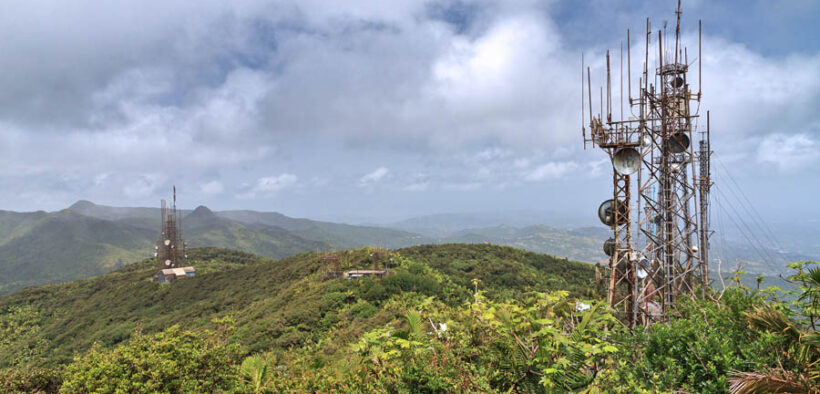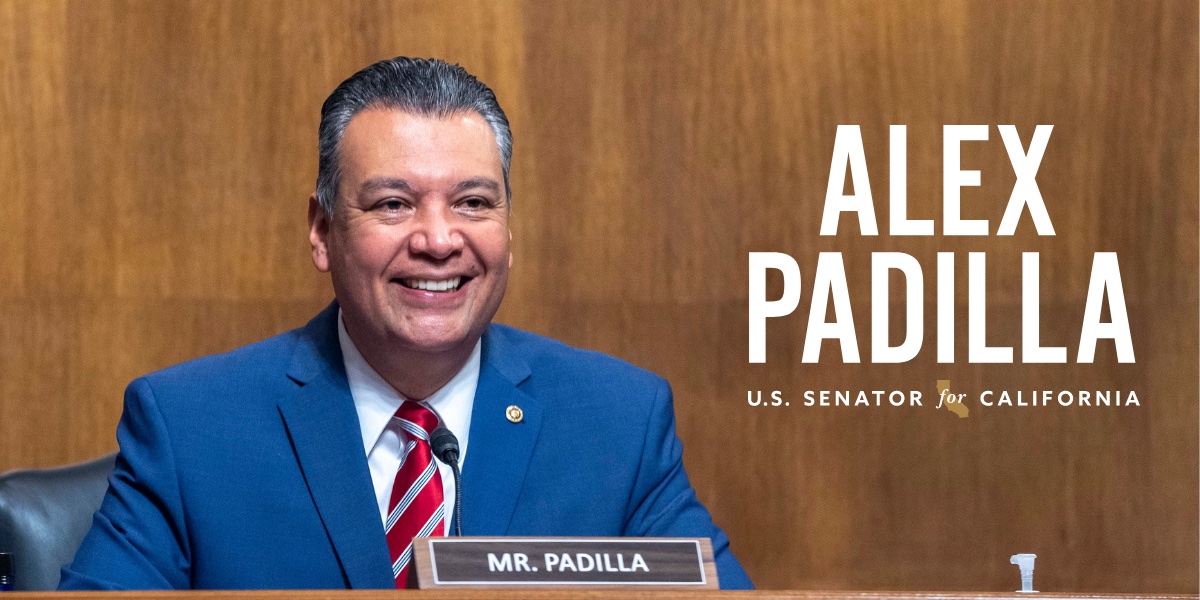-min.jpg)
Biden names technology hubs for 32 states and Puerto Rico to help the industry and create jobs.
The Puerto Rico Status Act, which seeks to resolve its territory status and its relationship to the U.S. through a federally binding plebiscite, was reintroduced in the House on Thursday.
Even though the House passed the bill in December, the Senate never scheduled a floor vote for it, effectively restarting the process of getting the act approved under a new Congress. The original bill sponsors and co-sponsors in the House said at a news conference Thursday that they are hoping to garner more support from senators as well as Republicans in the House.
.jpg)

"The current territorial status cannot be part of the solution
The bill lays out the terms of the plebiscite, or vote, in which Puerto Ricans living in the U.S. territory would get to choose among three nonterritorial status options: statehood, independence, and sovereignty in free association with the U.S.—excluding the island’s current territorial status as one of the options for the first time.
"The current territorial status cannot be part of the solution. Actually, it's part of the problem, and that's the reason this bill is so important," said Resident Commissioner Jenniffer González-Colón, a Republican non-voting member of Congress representing Puerto Rico who is sponsoring the bill. Rep. Raúl Grijalva, D-N.M., the former chair of the House Natural Resources Committee, which oversees the affairs of U.S. territories, is the main sponsor.
Rep. Steny Hoyer, D-Md., who was the House majority leader last year, helped lead a monthslong effort to get lawmakers on opposing sides of the status debate to come together under one bill.
It combined elements of two bills: a pro-statehood bill introduced by González and Rep. Darren Soto, D-Fla., and the Puerto Rico Self-Determination Act, which proposed a mechanism to choose delegates for a "status convention" to come up with solutions for Puerto Rico's future, sponsored by Reps. Alexandria Ocasio-Cortez and Nydia Velázquez, both New York Democrats.
Puerto Rico has been under U.S. control since 1898, following the Spanish-American War. Congress and the federal government have since been allowed to treat Puerto Rico as a foreign country for domestic purposes and a state for international purposes.
Puerto Rico’s government formally exited a form of bankruptcy in March, six years after the oversight board was implemented, which led to widely criticised austerity measures on an island that paid $1 billion in fees to consultants and lawyers and in other expenses during the process. Puerto Ricans living on the island have been U.S. citizens for over a century. They can be drafted and serve in the U.S. military but are unable to vote for president unless they live on the mainland.



